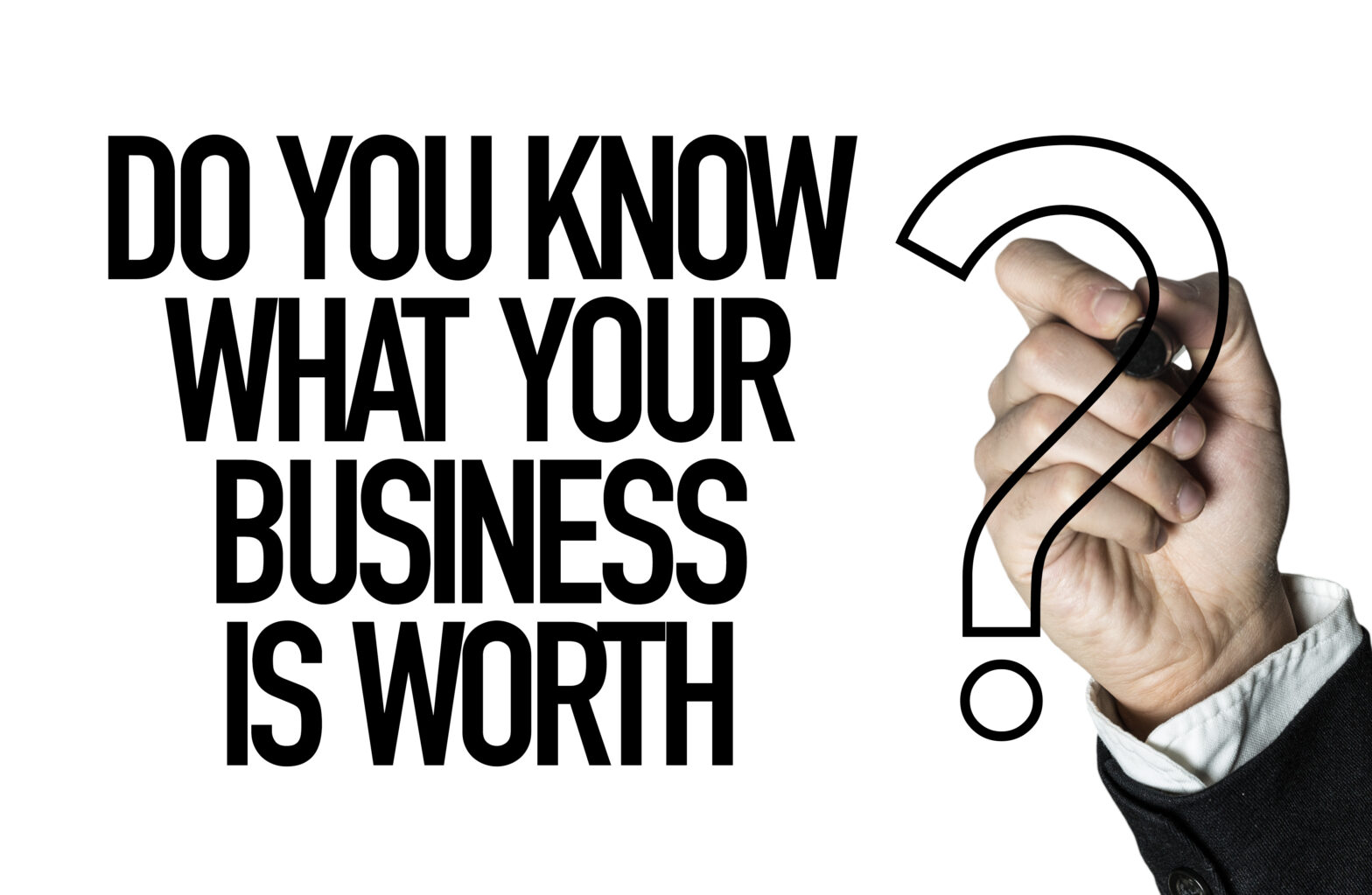Don’t waver on price when selling your business, writes Michael Jackson. Keep the benefits to the buyer in mind, and ensure you get a fair deal, regardless of the economic weather.
Merger and acquisition activity for growing businesses is strong this year. I can personally vouch for this as at least three of my portfolio companies have either announced takeovers or actually been taken over in the past four months.
This shouldn’t be entirely surprising. Pricing is now more realistic and there is a more pressing need to deliver business synergies and corporate profits in tough times.
I’m ever the optimist, so here are some practical tips for selling your business, whether in good times or bad:
- Make sure that you have all your documentation in order. That means getting your numbers up to date (audited and verified if possible) and working on presenting them in the best possible way. This takes time and mental space. I have seen businesses that on first sight seemed to be no-hopers at generating any real value suddenly be transformed by completely above-board accounting adjustments. For instance, you can show the cost savings that any purchaser would get by acquiring your business (including, if appropriate, your own salary). You will be amazed at how much value can be added back to the business to increase its price.
- The sales and market position of the company is vital when preparing your future forecasts. Product-line profitability may help here; it’s surprising how most businesses have new growth segments that are probably draining money, while the more mature core business may not be growing but continues to provide profitable returns. The overall blend of the company may not excite buyers, but the individual parts may.
- Ensure that legal contracts, property and employment contracts, and intellectual property rights are all present and correct. Nothing is more annoying than to see a deal stall on some legal issue that could have been avoided.
In my view, most deals come down to two things: establishing who the real buyers are, as opposed to those who are just time wasters, and price.
In the first instance, research and gut feeling are the best way to single out the real buyers from the duds. You often just know which people are natural buyers. Besides, nearly all deals done are with companies already known to the seller (these may be competitors but, equally, they may be existing partners).
In the case of competitors, don’t be afraid to give them key information, provided you have a proper legally binding agreement. Better still, try to get them to give you the same level of detail about their own business.
If a business partner distributes your product, you have the advantage that they can automatically take the margin you are making on your sales straight to their bottom line.
Use this knowledge of what else they can gain out of owning you to your best advantage. This may include their ability to gain market share by selling at a lower price (losing some margin in the process).
When it comes to price, I’m of the view that you need to get this on the table at your first meeting. A lot of people dance around the topic and are almost afraid to mention it, but however good the business logic, unless you can agree a price, you have no deal.
Don’t be afraid to go for it
I have recently sold two companies, one private and one public. In the case of the private company we sold at twice the next-highest bid. For the public company we sold at three times the pre-bid market price. In both instances we could have been defensive sellers, but by insisting on the real and proper price for the business we were not knocked down by market conditions.
For small public companies this is not particularly easy to do. The market has you marked down to a low price, often because of the market and not because it bears a proper relationship to the real value of the business.
So here, in particular, you must stick to your guns and refuse to sell out for less than you know the business is worth. You will be surprised at the reaction; even in recessions, good businesses sell at their real value provided you are brave enough to hold out.
Article by Michael Jackson – chairman of Elderstreet Investments, a technology-focused venture capital company which he founded in 1990. He was formerly chairman of Sage, the FTSE-100 accounting software group with which he was closely involved for over 20 years, since its unquoted days.






